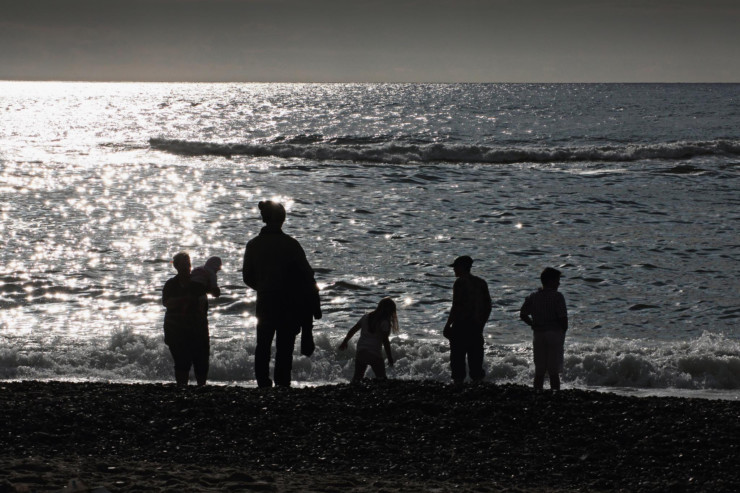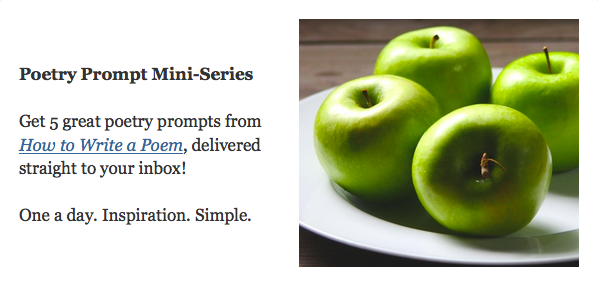
Oldest Children:
- Since they’re used to interacting with grown-ups for a longer period in their life, eldest children often prefer the company of adults. You’ll sometimes find them playing dominoes with the old guys at the local VFW or yelling at neighborhood children to get off their lawn.
- Once younger ones arrive, the eldest child may jump into a leadership role in the family. From this moment on, the oldest will continue to boss around their siblings for the rest of their lives and question every decision they make.
Middle Children:
- Often the most sociable, middle children thrive on peer relationships. They come to an early understanding that gripes and complaints will be completely ignored by their exhausted parents who are busy tending to the over-achieving oldest and needy youngest.
- Considered the peace-keepers due to their loyalty and deep sense of commitment, this is probably also why statistically, middle children choose to move far, far away.
Youngest Children:
- Parents have a more relaxed approach with the youngest child because they are tired enough at this point to be okay with sub-par discipline. The baby of the family gets away with murder.
- Because they are hopelessly spoiled and receive all the good attention, the youngest tends to be creative and charismatic. They can charm and manipulate their way out of any bad situation. This drives the older kids nuts.
Try it: Birth Order Poems
Enjoy a bit of inspiration to get you thinking about your sibling’s quirks:
Now is your chance. Write a fun poem about the birth order in your family. If you are the oldest, declare your superiority over the rest. If you are in the middle, marvel at your ability to disappear before the yelling starts. For the youngest, you’re funny and know how to captivate everyone around you. Dazzle us with your birth order poetry! If you happen to be an only child, this is an opportunity to write an exceptionally smug poem on how you’re the best of all.
Click to get FREE 5-Prompt Mini-Series
Featured Poem
From last week’s poetry prompt, here’s a poem penned by Monica:
Gusts blew the shared fence down overnight—
here because we’re on the same side
of the bottom of the hill, wind rushing downslope
on our low-pressure side—those gusts tore down
cedar planks and a four-by-four fence post. Splintered
planks made good neighbours. We pitched in
for new lumber, pulled shovels from storage sheds
for the first time in years, snaked a lawn hose
to the place, the water to soften the soil,
and dug deep on our dirtying knees as a child
loaded a yellow toy dump truck
and hauled away the dirt.
—by Monica Sharman
Photo by D.Reichardt, Creative Commons via Flickr.
Browse more writing prompts
Browse poetry teaching resources

“How to Write a Poem is a classroom must-have.”
—Callie Feyen, English Teacher, Maryland
- Poetry Prompt: Misunderstood Lion - March 19, 2018
- Animate: Lions & Lambs Poetry Prompt - March 12, 2018
- Poetry Prompt: Behind the Velvet Rope - February 26, 2018

Rick Maxson says
I am the oldest of seven. Far from the seventh son. This one I’ve posted before, I think. it is for my sister.
You Know This Story
— For Janet
In the story I tell that begins with you,
there is a dark hallway with chairs,
and the solid beams of flashlights,
like brilliant roads leading
to your laughing face.
To the casual reader,
dark hallways are scary,
but then this is the flashlight’s
adult end, with sharp edges like,
why would I write such a thing?
Where you are, the light is soft
and wide, in a forest of chair legs,
a sky of bed sheets, as far away
as I can see from the here and now.
What is now would have been mysterious,
like a journey to a foreign land,
you in the light of children,
so far from make believe, doing work
you would not have imagined.
Sometimes there is a small door
in the distance of a memory,
a slice through the riddle of time.
There waits a sound, a thought,
a secret to be kept beyond reason.
You know this story:
Mount Airy, where the Willys stopped,
half way to Florida; we swam
until our teeth chattered, in the frail air,
the lavender shoulders in the distance,
enduring the ages of the vaulted stars;
you must remember, the water was so warm.
Even after we were gone, the water,
unnoticed from the here and now,
continues gathering the day’s warmth
and each night holds it until morning,
for the someday we might return.
Heather Eure says
Such a lovely tribute, Rick.
Karen J. says
Making My Way in the Middle
We were taking turns
Jumping off the rickety boards that felt 10 feet off the ground.
Those boards that were called a “porch” –
But we were too young to know better.
I saw it first – the rusty nail that lay below.
I tried to warn you.
But I was not the leader –
I was only the one led.
And so you forged forward
And learned a painful, bloody lesson –
And still you forged forward.
We were playing hide and go seek in the house
In that faded memory.
You were scratching the bumps like crazy,
And suddenly yelled, “My chicken pops are bleeding!”
And wouldn’t you know,
I was not the leader,
I was the only the one led,
And next in line to suffer from the
Disease of the “chicken pops.”
But I also had a small buddy –
One who giggled and laughed and playfully imagined with me –
And we spied, and we were sneaky,
And we teased the leader.
Copier, imitator, learning by observing
And mimicking.
And yet fiercely independent and so different.
It took many years to forge an identity
And a unique path.
Being in the middle is being glue.
Being pulled up and being pulled down.
Having unique thoughts and forceful opinions
That yet often get drowned out by the voices of leaders
And of mischief makers.
Heather Eure says
A thoughtful perspective, Karen. “Being in the middle is being glue.” I like this poem. Thanks so much for sharing it with us. 🙂